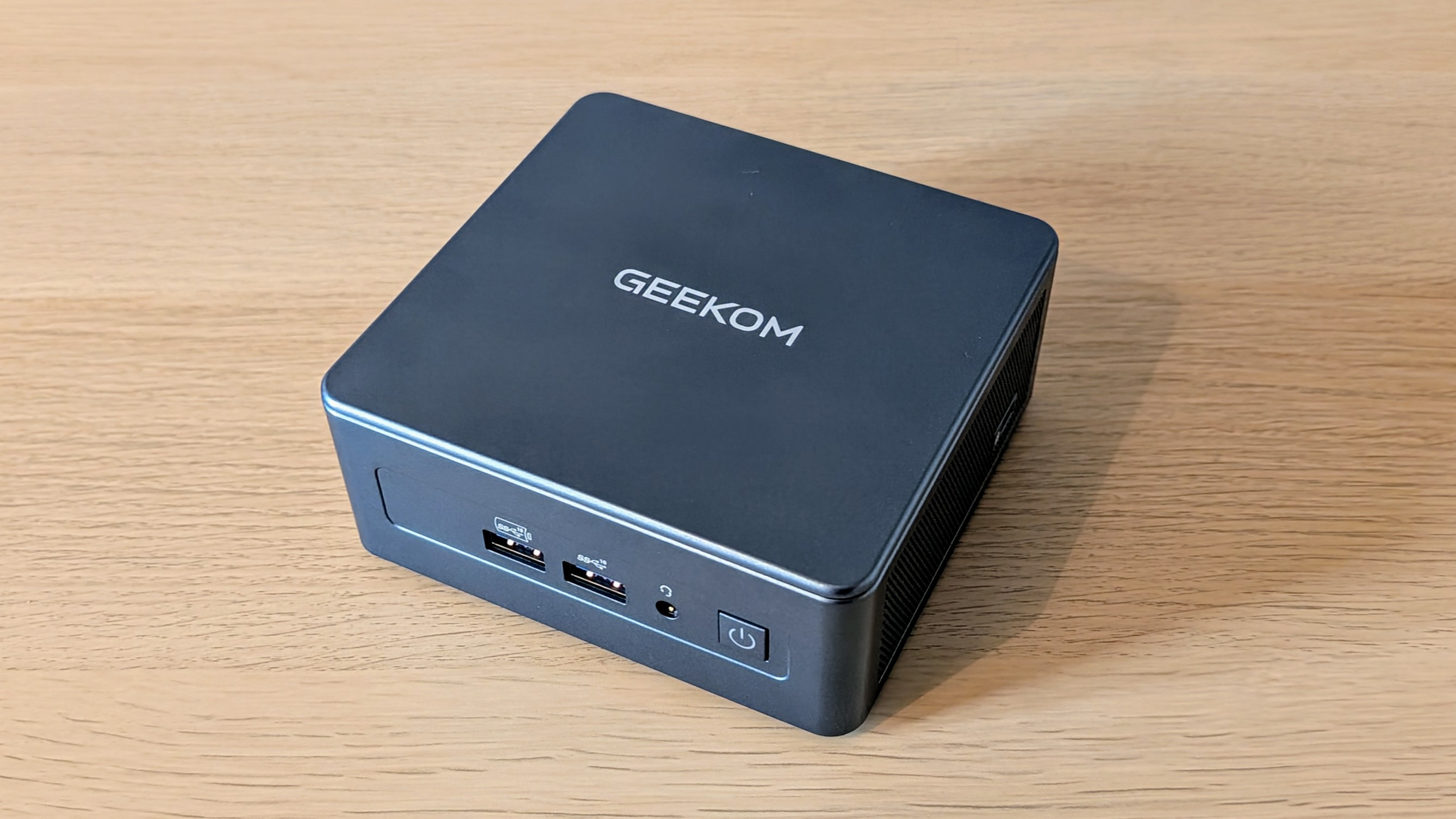2024 was a record year for commercial cyber attacks
China-backed attacks on IoT systems helped keep numbers high


2024 was the worst ever for commercial cyber attacks in the UK, new research suggests, with remote IoT devices attracting the most attacks.
During 2024, UK firms each experienced an average of more than 753,341 malicious attempts to breach their online and IT systems, according to analysis by specialist business ISP Beaming.
That was 4% higher than in 2023 - itself a record year - making last year the worst ever for attempted cyber attacks, with businesses encountering a new online threat every 42 seconds.
Before 2024, the average number of attacks in a single quarter had only exceeded 2,000 in Q4 2023.
"The rise of automated cyber attacks means the internet has never been more dangerous, and we expect it will become even more so as hackers use AI," said Beaming managing director Sonia Blizzard.
"The good news is that we are not seeing record numbers of companies crippled by hackers because businesses have got better at protecting themselves."
The most frequent targets last year were remotely-controlled IoT devices, with more than 161 daily attacks targeting applications such as building control systems, security cameras, networked printers, remote monitoring, and industrial automation systems.
Get the ITPro daily newsletter
Sign up today and you will receive a free copy of our Future Focus 2025 report - the leading guidance on AI, cybersecurity and other IT challenges as per 700+ senior executives
Web applications, remote desktop software, and company databases were also frequently targeted, with businesses typically attracting more than 20 individual attacks daily for each of these systems in 2024.
Beaming identified more than a million IP addresses being used to launch cyber attacks on UK businesses - and traced more than a quarter of those to locations in China.
It also found significant and increasing volumes of cyber attacks that appeared to come from areas inside India - 87,144 attacking IP addresses - and the US, where there were 81,112.
The big rise in attacks on IoT devices may be explained in part by the activities of Flax Typhoon, a Chinese state-sponsored cyber group that has been active since at least 2021.
RELATED WHITEPAPER

Last September, the FBI successfully took down a botnet created by the group that consisted of more than 200,000 devices around the world, including small-office/home-office routers, internet protocol cameras, digital video recorders, and network-attached storage (NAS) devices.
IoT security has been a recurring talking point in the cybersecurity industry in recent years, with a survey from Viakoo last year finding that half of IT leaders thought IoT was the weakest point of their security apparatus.
Similarly, last summer Verizon Business found that while virtually all critical infrastructure organizations had some degree of IoT device adoption, almost half had experienced a major impact due to a compromised IoT device.
"A lack of industry-wide security standards for IoT devices and their communication protocols increases security risks, as does having many devices installed in remote locations where they may be vulnerable to physical tampering," said the firm.
Emma Woollacott is a freelance journalist writing for publications including the BBC, Private Eye, Forbes, Raconteur and specialist technology titles.
-
 Geekom Mini IT13 Review
Geekom Mini IT13 ReviewReviews It may only be a mild update for the Mini IT13, but a more potent CPU has made a good mini PC just that little bit better
By Alun Taylor
-
 Why AI researchers are turning to nature for inspiration
Why AI researchers are turning to nature for inspirationIn-depth From ant colonies to neural networks, researchers are looking to nature to build more efficient, adaptable, and resilient systems
By David Howell
-
 Simplifying Password Management eBook
Simplifying Password Management eBookBy ITPro
-
 Living off the Land eBook
Living off the Land eBookBy ITPro
-
 The Public Sector's Guide to Privilege and Password Management
The Public Sector's Guide to Privilege and Password ManagementBy ITPro
-
 Zero Standing Privilege: Automating Cybersecurity Without Disrupting Productivity
Zero Standing Privilege: Automating Cybersecurity Without Disrupting Productivitywhitepaper
By ITPro
-
 Hackers are duping developers with malware-laden coding challenges
Hackers are duping developers with malware-laden coding challengesNews A North Korean state-sponsored group has been targeting crypto developers through fake coding challenges given as part of the recruitment process.
By Emma Woollacott
-
 ‘We are now a full-fledged powerhouse’: Two years on from its Series B round, Hack the Box targets further growth with AI-powered cyber training programs and new market opportunities
‘We are now a full-fledged powerhouse’: Two years on from its Series B round, Hack the Box targets further growth with AI-powered cyber training programs and new market opportunitiesNews Hack the Box has grown significantly in the last two years, and it shows no signs of slowing down
By Ross Kelly
-
 Cyber attacks against UK firms dropped by 10% last year, but experts say don't get complacent
Cyber attacks against UK firms dropped by 10% last year, but experts say don't get complacentNews More than four-in-ten UK businesses were hit by a cyber attack last year, marking a decrease on the year prior – but security experts have warned enterprises to still remain vigilant.
By Emma Woollacott
-
 Law enforcement needs to fight fire with fire on AI threats
Law enforcement needs to fight fire with fire on AI threatsNews UK law enforcement agencies have been urged to employ a more proactive approach to AI-related cyber crime as threats posed by the technology accelerate.
By Emma Woollacott